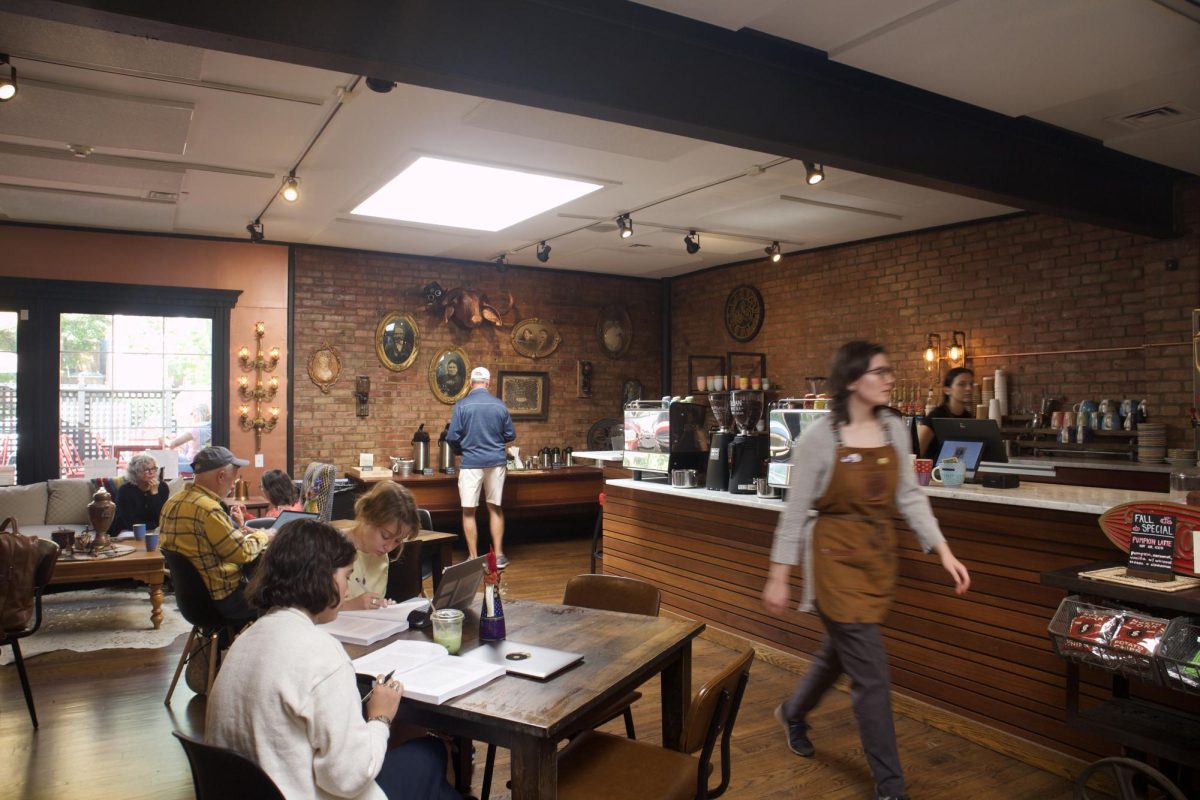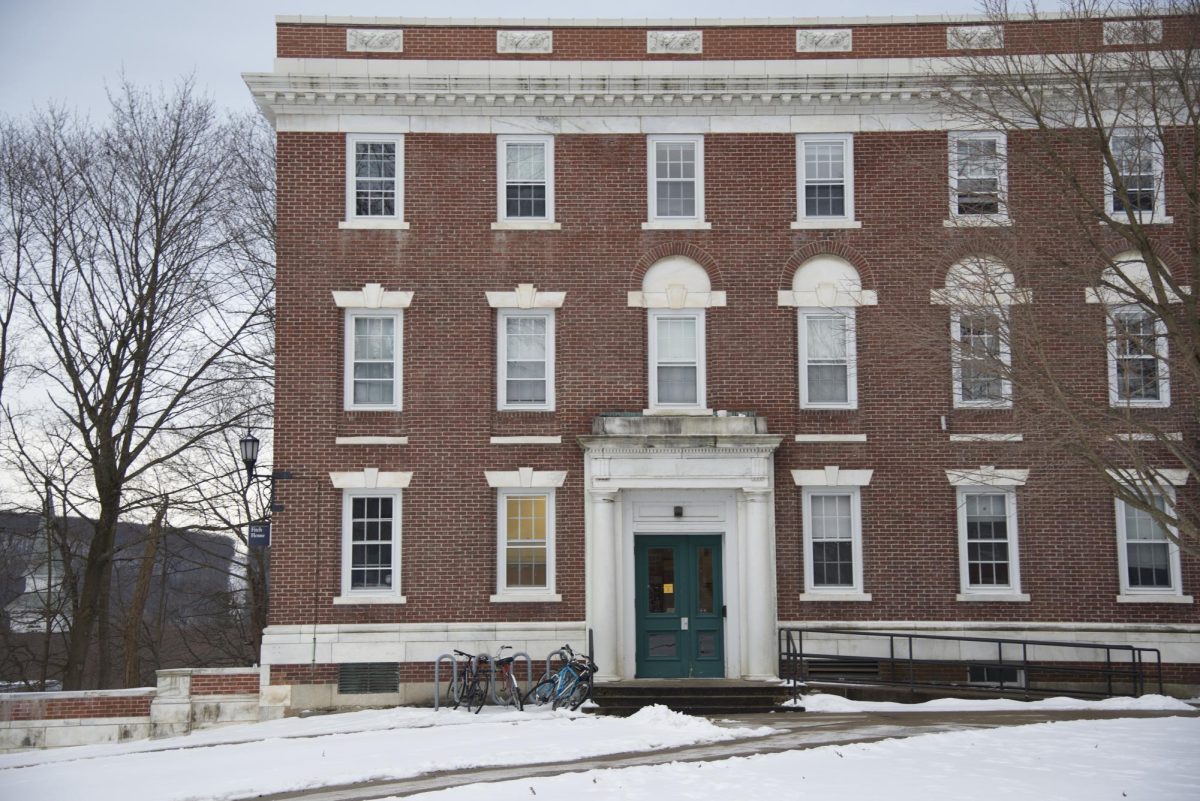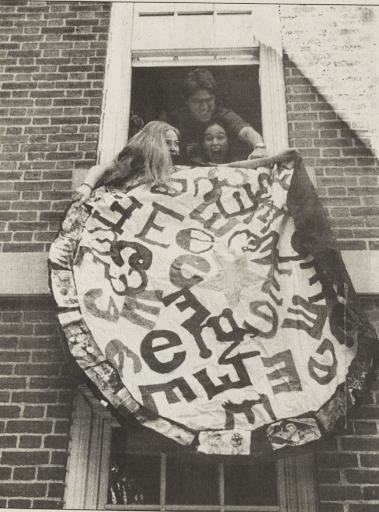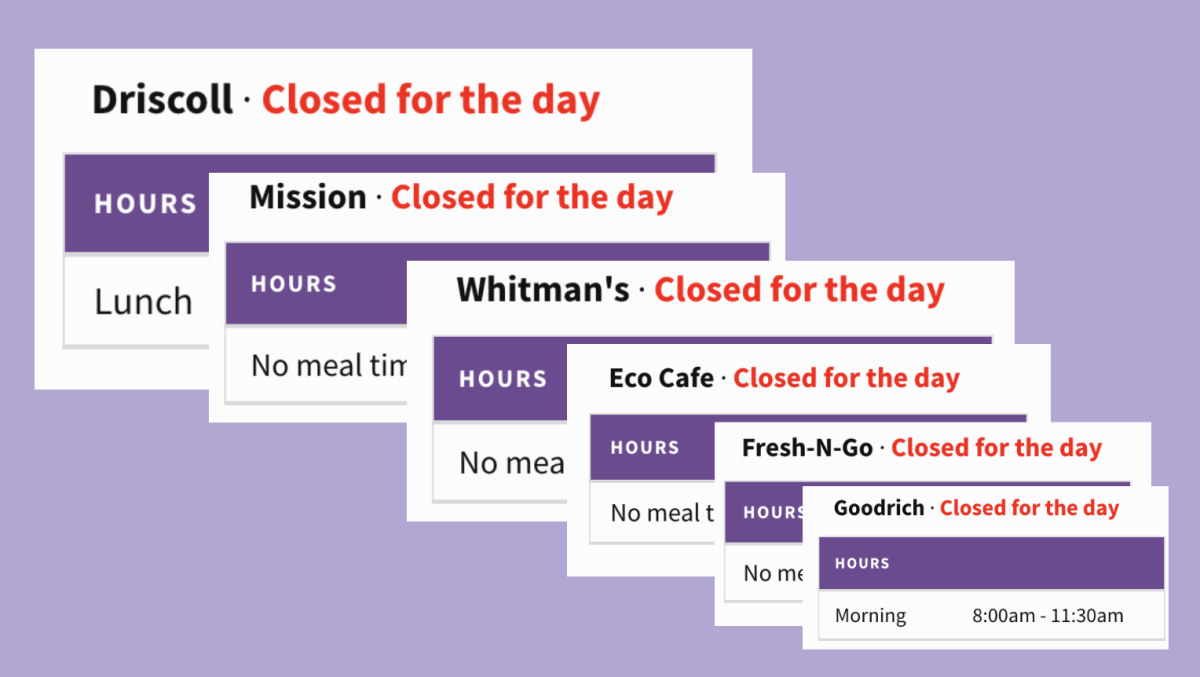
Steven Miller, professor of mathematics, is the secretary of the Mt. Greylock Regional School District Committee.
Williams Record (WR): Can you tell us a little about what do you do on the school committee?
Steven Miller (SM): One of our biggest responsibilities is the budget. At the end of the day, it’s the school committee that makes the recommendation with input from numerous sources. We debate and discuss this publicly and then we present a budget to the towns. So one of the things we always have to weigh is the proper allocation of funds. Which programs should we support and how much, which programs do we fight for with the towns.
WR: How has your academic expertise informed your work on the school committee?
SM: One of my jobs as a mathematician is to take a situation like this [regionalizing the school districts of the two towns] to say, well how can I use what I’ve done in my professional sphere? I was able to do a regression analysis and come to within about $10,000 per building. The regional contract now each year has a regression analysis that’s done to allocate these funds, which allows the towns to control their local budgets. I love it when I can use my professional skills to help solve problems like this.
WR: What have you gained from this experience that would benefit students to know?
SM: It’s not enough to be right. You have to be able to explain to the people who can say yay or nay, why they should listen to your analysis. So it’s been wonderful and in fact, I have one or two students who are going to work with me on expanding the analysis I did here and hopefully how this is a good model that other towns can consider if they want to regionalize… Serving on the school committee has really helped me learn how to work with different people and how do we find the common ground.

Paula Consolini, director of the Center for Learning in Action, is a member of the town’s Finance Committee.
WR: How does work at CLiA inform your work on the finance committee or vice versa?
Paula Consolini (PC): My work here is certainly useful to the work I do on the finance committee because my work here gives me a perspective of this town but also the perspectives of other communities because of the work we have going on in North Adams and Pittsfield. And just the general duties as head of CLiA being aware of the challenges of the County as a whole gives me some perspective that’s certainly useful when we’re looking into issues or are raising questions around certain aspects of the town budget. Because when I see what’s going on in town government through that lens I’m always thinking about how our students can get opportunities and already would have had a relationship, already did have a relationship with the town manager, where we try to identify fieldwork opportunities for students or you know, internship opportunities. So there is a way in which it’s helpful to me just to be hearing what’s going on in terms of lining up opportunities or imagining new opportunities for students to learn in the community.
WR: Can you tell us a little about how the college approaches its involvement in the town?
PC: The good news is that the College is always thinking about the community and always thinking about how to be constructive and supportive of the community, but trying again not to distort things. I think there is a very strong kind of attentiveness to the challenges that that the town faces. There’s a lot of communication between the leadership of the College and leadership of the town and leadership of other enterprises in the region to try to understand the issues that are coming down the pike. The College steps up when the town can’t.

Jason Hoch ’95, is the town manager of Williamstown.
WR: As an alum, how has the College’s presence in the com- munity changed over time from since you were a student to now?
Jason Hoch (JH): I mean, the College is sort of a dominant force in this town. And, I think one of the things over time is that as other business and industry has faded in the town and the region, the College has become increasingly more important. And that has clearly caused kind of a further change in the community sense of community. I think that is a struggle for people.
WR: Going off of your part of harnessing the intellectual power of a College, do you think it’s important for faculty and staff to then contribute to like boards and committees?
JH: We are spoiled beyond meaning with a community of this size to be able to have the expertise that we are able to have on our boards and committees. It’s an amazing resource and I love that we have there are people who serve on our boards that I learned from every day. And it’s actually really delightful for us to have this kind of knowledge where otherwise we’re having to make up and figure out how do we learn this ourselves to be able to provide some guidance to help people make better decisions.
WR: Is there something you’d like students to know about local government, or about the college and local government?
JH: I think that’s probably the best thing is sort of as a call for service, whether it be, you know, it’s your time here or as you move on in life after, after Williams serving your local government, whether it’s, you know, a neighborhood council, a planning board, everybody local governments everywhere are run by that yes, there are staff like me, but there are a lot of just passionate volunteers and committed people who want to make the world a better place.

Henry Art, Rosenberg Professor of Environmental Studies and Biology, is the chair of the town’s Conservation Commission.
WR: How does your academic expertise intersect with your work on the commission?
Hank Art (HA): My interest, you know, I’d been teaching ecology at Williams since 1970 and had actually done a bit of wetland consulting for people who are proposing projects. So I’d be coming before the board, the conservation commission on behalf of an applicant who wanted to do something in a wetland.
Then I would delineate where the wetlands were and kind of outline how any impacts would be felt on the wetland in accordance with the wetlands protection act.
WR: What have you gained in serving in this capacity?
HA: It’s been a wonderful experience in terms of both getting to places in Williamstown that I never would have gotten to before and becoming familiar with them, getting a sense of how the wetlands in the, in the region actually operate. And then being able to kind of the educational process that goes along with that of hoping either institutions or individuals in their development plans that really take ones into consideration and avoid a lot of future headaches for everybody, neighbors, we all live down stream of somebody. So it’s been fun.
WR: Has your work on the commission intersected with your work at the College?
HA: I also have been able to use in the environmental planning class, which I’m teaching a section of this fall, real-life examples of cases that have come before the conservation commission in the past that I have participated fully in. Students are involved in projects that often involve some sort of wetland aspect in which they will have to interpret to some extent the wetlands protection acts in designing their own projects for the course. So it’s been a nice back and forth over the years of being able to take examples from the conservation commission and bring it into the actual classroom teaching and then actually use it going the other way of sharing my own expertise in terms of ecology, with people in the town.
WR: Is there something you would want students to know from your experience in the Williamstown local government?
HA: I would say that many of the students are actually citizens of Williamstown. You’re counted in the census. Some of the students actually vote and are registered. But you have every right and you …might find it interesting to go to things like town meetings…

Carrie Greene, director of commencement and academic events, was on the Mt. Greylock Regional School District Committee and the Finance Committee.
WR: How did you get involved in this position?
Carrie Greene (CG): Paula Consolini, actually, asked me if I would consider filling an empty seat on what was then the Mount Greylock Regional High School Committee, so this is back in 2009. Someone had left the Committee, they needed someone to come in and serve, but also to tackle some challenges around leadership.
WR: What did you do on the committee(s)?
CG: The first year I was on I chaired a feasibility study for leadership, essentially, and we determined that the best thing to do was share a superintendent with the three schools. [This] was the precursor for the full regionalization which took place just last year.
WR: How did you navigate between your roles at the College and in town?
CG: I think it was in some ways awkward for me, and in some ways it was I think it was hard for people to separate me from the College, in some cases. But, for the most part my identity with the school was very separate from my identity with the College. And I think I became much more well known in the community for the school than I was for my position at the College.
WR: How do faculty and staff get involved in the town?
CG: I’m thinking about this question of Williams in the volunteer world of the community, and I think one of the great assets of Williams College is its personnel.








